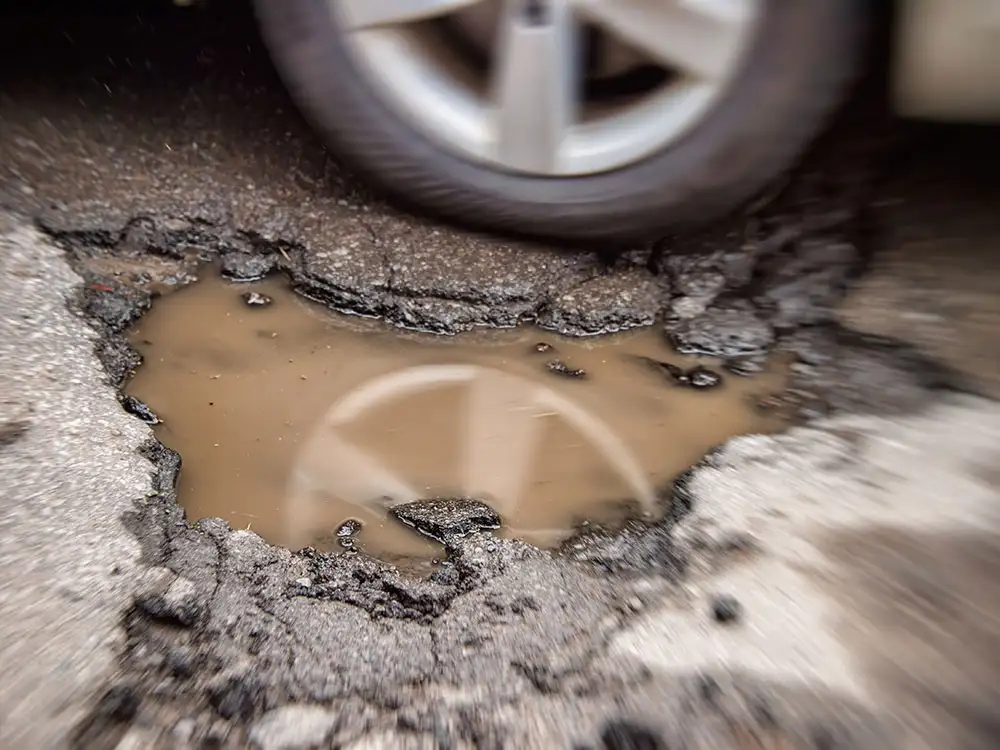The government is diverting £991m from the cancelled HS2 project to road resurfacing in Yorkshire.
They say the money will reduce the misery of potholes, save money on car repairs and ensure “smoother, faster and safer trips”.
Councils across Yorkshire and The Humber, including City of York, North Yorkshire and the East Riding of Yorkshire, will each receive a share of the £991 million which they can use to identify what local roads are in most need of repair and deliver immediate improvements for communities and residents.
They will get £14.8 million this financial year, followed by a further £14.8 million for 2024/2025, with the rest of the funding allocated through to 2034.
Councils will be required to publish information on their websites on a regular basis explaining how they are spending the funding in their area.
Transport Secretary Mark Harper said: “Most people travel by road and potholes can cause misery for motorists, from expensive vehicle repairs to bumpy, slow, and dangerous journeys. Our £991 million boost to repair roads across Yorkshire and The Humber shows that we’re on the side of drivers.
“Today’s biggest ever funding uplift for local road improvements is a victory for all road users, who will enjoy smoother, faster and safer trips – as we use redirected HS2 funding to make the right long-term decisions for a brighter future.”
According to the RAC, smoother, well-maintained road surfaces could save drivers up to £440 each in expensive vehicle repairs from pothole damage
RAC head of policy Simon Williams said: “Drivers’ biggest bugbear of all is the poor condition of local roads, so the fact the Government has found a significant additional pot of revenue should give councils the certainty of funding they need to plan proper long-term road maintenance, something we have been calling for many years.
“We hope local authorities will use the money in the most effective way possible by resurfacing the very worst roads, keeping those in reasonable condition in better states for longer through surface dressing, and filling potholes as permanently as possible wherever necessary.
“This should in time go a considerable way to bringing our roads back to a fit-for-purpose state and saving drivers hundreds of pounds in the process from not having to fork out for frustrating repairs to their vehicles.”

